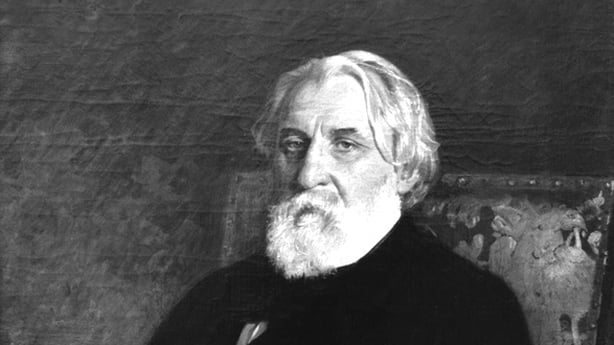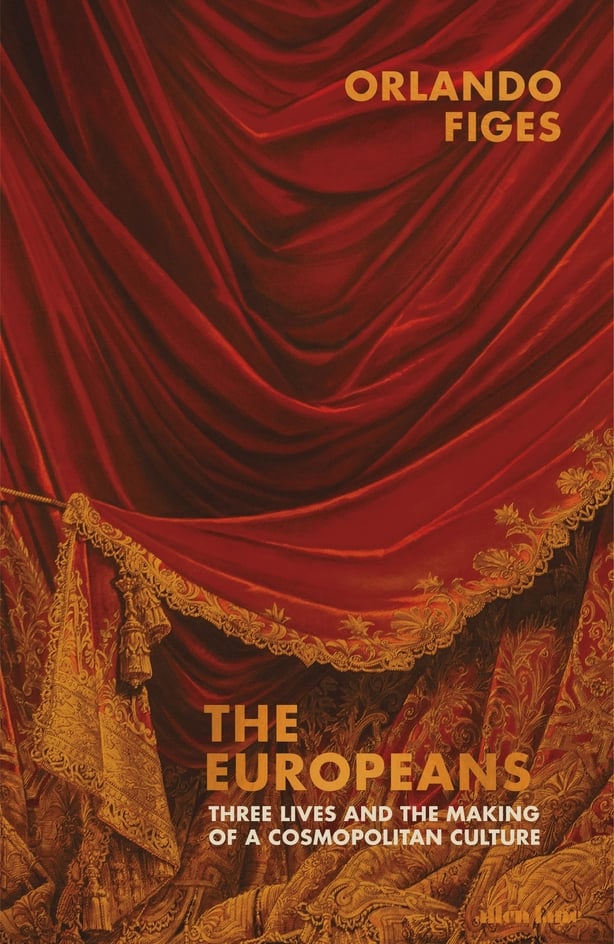Ivan Turgenev (1818-1883) was judged by Ernest Hemingway no less to be "the greatest writer there ever was" and this new book traces the great Russian author's presence in a curious menage-a-trois while affording the reader a fascinating insight into social and political life in nineteenth century Europe.
In November 1843, the great Russian fiction-writer first encountered the opera-singer Pauline Viardot, née Garcia, the woman who caused him to spend most of the rest of his days outside of his native Russia. Her husband was Louis Viardot, who was twenty years her senior. The world-renowned Spanish diva was singing in the opera houses of St Petersburg on that occasion and Turgenev fell head over heels with the singer. Although there were other women, she was to be the writer's muse and object of his intense affections until his death at the age of 64 in Bougival in France, following a spinal abscess.

The singer was constantly besieged by admirers during that first visit to Russia. In 1844, she returned to perform singing engagements once again in St Petersburg when she mostly ignored the writer. Yet Turgenev managed to corner her husband in conversation and in February 1845, on the pretext of consulting an oculist, the writer followed the Viardots to Paris. Pauline had issued an invitation to him to spend a brief sojourn at the Viardots' country house in Courtavenel. At this point, he was writing passionate letters to the singer, while her letters, by way of reply, were less regular and more cautious.

Turgenev was there to see Viardot perform in St Petersburg in 1846 and then he left Russia with the couple in early 1847 to spend lengthy periods in France, Germany and England, managing to stay friendly with the husband throughout. It is generally believed that the decidedly unconventional affair between Turgenev and Pauline was never consummated. Pauline had a son, Paul, but she had many lovers, so speculation at this point as to the father is somewhat redundant.
Orlando Figes fleshes out this story with verve and elegant colour, expertly weaving in the tumultuous political events of the day. Turgenev was in Paris for the later stages of the 1848 revolution, following the overthrow of the monarchy and the formation of a bourgeois government.
The artistic milieu is brilliantly depicted in all its vigour and pettiness, the lives of the writers, composers and painters who crossed paths with Turgenev. The author documents the radical new developments in transport and communications, represented by the arrival of steam trains and telegraph messages while the prevalence of relatively cheap printed material spread the ideas and spread the intellectual ferment. This stylish 483-page work contains a number of evocative photographs and illustrations, and it is in sum a beguiling portrait of a time. It is the conflicted and tortuous love story at its heart, however, which most intrigues.







